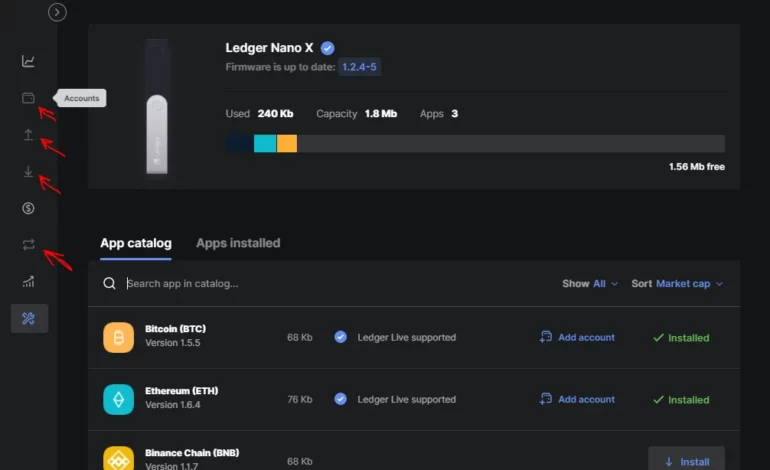
From Compliance to Competitiveness: How LEI Delivers Business Benefits?
In the present global business scenario, compliance is no longer just a regulatory necessity; it has become a strategic asset. The LEI system, initially developed to enhance transparency in financial transactions, is now recognized as a catalyst for boosting business competitiveness. This article explores how adopting this system can transcend compliance to confer significant business advantages.
A Gateway to Improved Transparency and Trust
It is a unique, 20-character alphanumeric code that clearly and accurately identifies legal entities participating in financial transactions worldwide. Its primary aim is to reduce fraud and enhance the accuracy of financial data. However, the implications of this identifier extend far beyond these initial purposes, offering a foundation for building trust and transparency in all business dealings.
By implementing this identifier, companies can more easily demonstrate their legitimacy and reliability to potential partners and customers. This increased level of trust can lead to smoother transactions and the opening of new business opportunities. Moreover, it provides a global standard that simplifies the identification process, a precious feature in today’s interconnected economy.
Streamlining Operations and Reducing Costs
One of the most direct benefits of this system is its ability to streamline administrative processes. Organizations can reduce the time and resources spent on due diligence and identity verification by having a standardized identifier. This efficiency gain reduces operational costs and accelerates the pace at which business can be conducted, providing a competitive edge in fast-moving markets.
Furthermore, it helps in minimizing financial risks. With clearer insights into the corporate structures of their counterparts, businesses can better assess and mitigate potential risks in their transactions and partnerships.
Enhancing Data Management Capabilities
The adoption of this identifier significantly improves data management practices. Companies with this can integrate and analyze information more efficiently across various databases and systems. This enhanced data management capability facilitates more informed decision-making and better strategic planning, contributing to overall business success.
Moreover, its consistency as a data reference point improves the quality of business intelligence. This higher-quality data supports compliance with various reporting requirements and sharpens competitive strategies by providing accurate and actionable insights.
Facilitating Global Expansion
For businesses looking to expand internationally, it is an invaluable tool. It aids in navigating the complex regulatory environments of different countries by providing a universally recognized identifier. This simplification of legal and financial processes makes it easier for companies to establish and maintain operations abroad, accelerating global growth.
Additionally, its role in promoting transparency reduces potential barriers to entry in foreign markets, where unfamiliarity with local entities could otherwise impede business relationships.
While LEI was initially conceptualized as a means to address regulatory requirements, its benefits have proven to be far-reaching in operational efficiency, risk management, and global expansion. Businesses that adopt this identifier comply with international standards and position themselves more favorably in the global marketplace. As such, integrating this identifier into business practices is not just about adherence to compliance; it is about embracing an opportunity to enhance overall business efficacy and competitiveness. Embracing this identifier is not just a regulatory step but a strategic move towards sustainable business growth and robust global presence.




